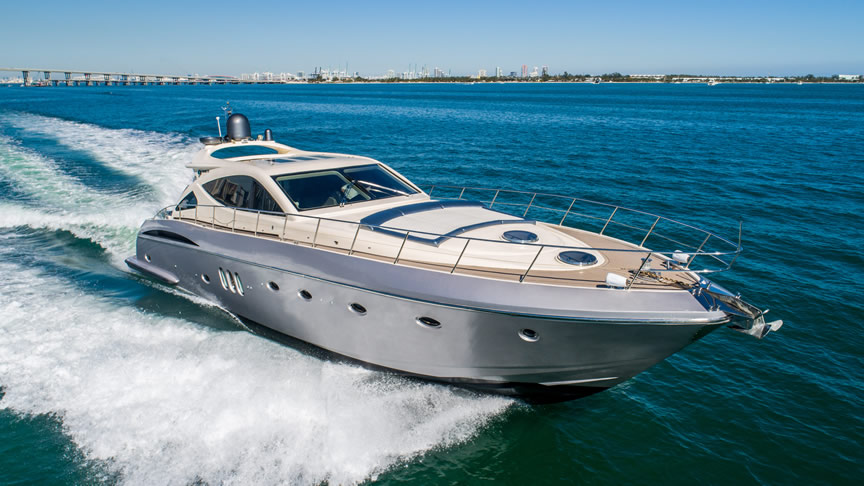Introduction
I recently spent three months in Asia on a working holiday, and it’s safe to say it was life-changing. I had never traveled outside of Europe before, and the experience opened my eyes to many things. One of the biggest takeaways was being exposed to sustainable living practices that were so different from what I was used to back home.
Be a better citizen.
In Asia, many people have an inherent sense of responsibility towards their community and the environment. They are more aware of their surroundings because they’ve grown up with this mentality from a young age. They are also more likely to make sustainable choices in their lives that benefit both themselves, as well as others around them and our planet at large. In America however, we tend to focus on personal success rather than thinking about how our actions affect others or how they impact society as a whole (or even just our own neighborhood). The truth is that if everyone made an effort toward being better citizens by making sustainable choices every day–whether it’s recycling plastic bottles or volunteering at your local animal shelter–then we could all live healthier lives without harming our planet in any way!
Eat less meat and eat more veggies.
Vegetables are healthier and cheaper than meat. Meat has a high carbon footprint, so eating less of it is better for the environment. Vegetables are also more nutritious than meat, so you’ll be getting more vitamins and minerals in your diet while saving money at the same time!
Don’t be afraid to shop secondhand.
You may have heard of the concept of “fast fashion,” but what about secondhand shopping? In Asia, it’s not only acceptable to buy used clothes, books and electronics–it’s expected. Secondhand shops are everywhere in Tokyo, Hong Kong and Singapore, with thousands of different options available to shoppers.
Not only is this trend good for the environment (all those old things get recycled rather than ending up in landfills), but it also saves money! You can find some really unique items at bargain prices without having to spend hours looking through racks at retail stores like Forever 21 or H&M. And if you’re concerned about hygiene issues when buying secondhand goods–don’t be! Most people who sell their clothing wash them first before selling them so they don’t get grossed out when they wear them again later on down the line.
Use public transport for everything.
It’s the most common sense thing to do, but it can be hard to get used to. If you have a car in Asia, chances are good that you will use it for everything: shopping trips, visiting friends and family and even going out for dinner. But think about how much money and time could be saved if you swapped trips around town by car with public transport?
It’s much cheaper than owning a car (and parking), especially when living in cities like Singapore where there is no shortage of taxis or buses available 24/7! Plus there’s no need for insurance or maintenance work either – which saves even more cash on top of everything else!
Using public transport also makes sense from an environmental point-of-view because fewer cars means less carbon emissions being pumped into our atmosphere which causes global warming…not great news considering how hot it gets here during summertime! Plus let’s not forget about health benefits too: sitting down while travelling instead of standing upright burns fewer calories per hour than walking does which helps keep those pesky pounds off – perfect if like me then maybe next year when I’m back home again after graduating university then maybe try losing weight before heading out again 🙂
Look closer at what you consume, recycle, and buy it when needed.
- Look closer at what you consume, recycle and buy it when needed.
- Buy used items whenever possible – this will reduce the amount of waste going into landfills and oceans, while also saving money!
- Recycle what you can (plastic bottles, cans etc) in your local area or community garden if possible to help out with local recycling programs that may be running nearby where you live today?
- Buy what you need not want; this means buying less stuff overall because we don’t really need more than one pair of shoes or two shirts per season. Plus if something breaks then it’s easy enough to fix without having spent lots of money on an expensive replacement item just yet again… which leads me onto my next point…
Asia has far too much to offer in terms of eco-friendly living
Asia is one of the most sustainable regions in the world. The continent has a long history of sustainable living, with many cultures practicing recycling and reusing materials for thousands of years. In some areas, such as China and Japan, public transport is used by a large percentage of people every day.
In addition to being environmentally friendly practices that have been around for centuries, there are also modern examples worth looking at if you’re interested in adopting an eco-friendly lifestyle yourself:
Conclusion
Asian countries have a lot to offer in terms of eco-friendly living, and there are many ways you can incorporate these practices into your own life. From recycling more and buying fewer things to eating more veggies, these tips can help make the world a better place.



